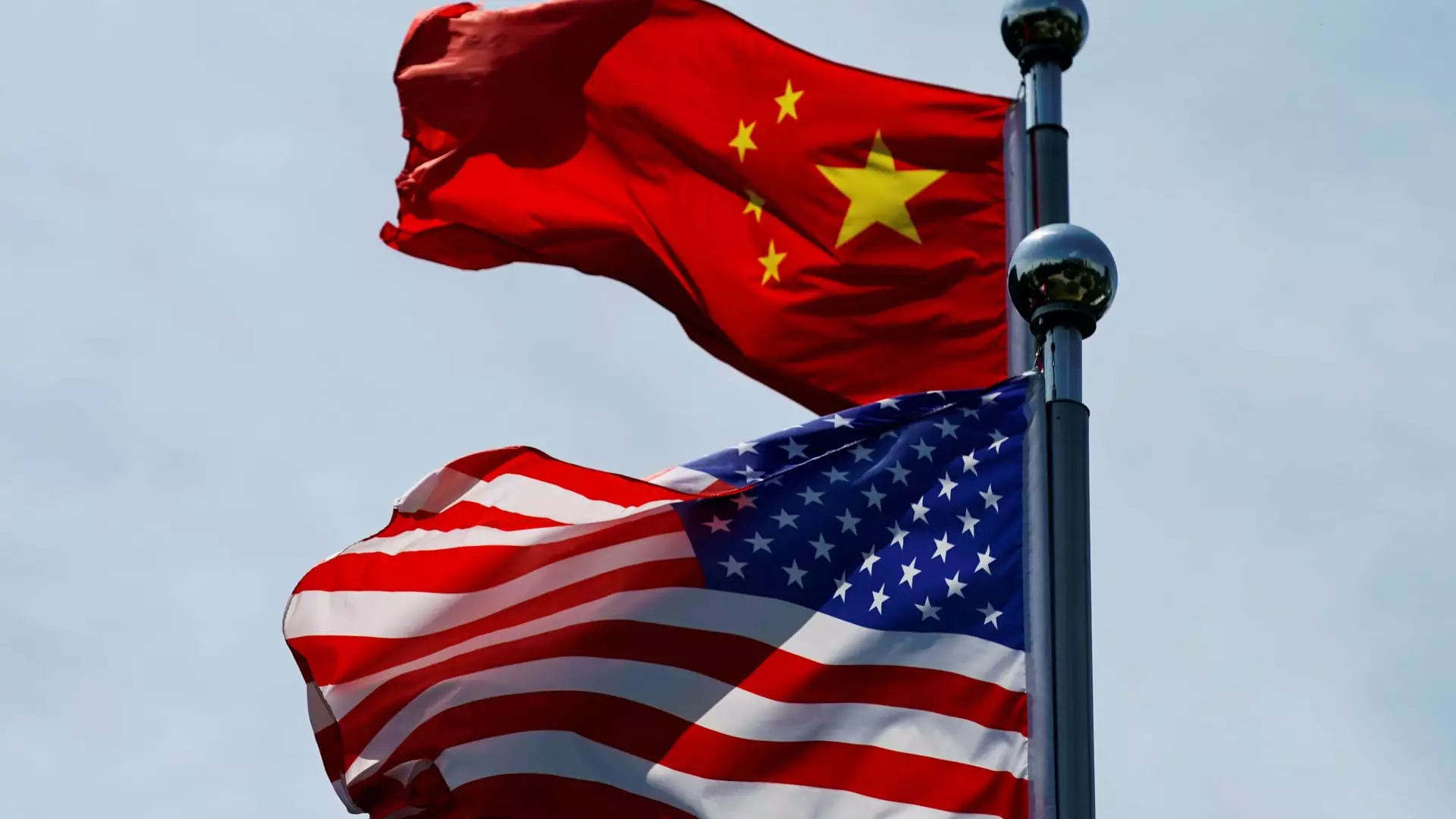In the realm of economic policy, trade tariffs have garnered immense attention, particularly following the rise of President-elect Donald Trump. His recent proposals to enhance tariffs could signal significant shifts not only in U.S. international relations but also within its domestic economy. This article will delve into Trump’s proposed trade measures, their potential ramifications on the U.S. economy, and the responses expected from both China and neighboring Canada and Mexico.
Upon his inauguration scheduled for January 20, Trump has announced intentions to impose a 10% tariff on all goods imported from China, as disclosed through his platform, Truth Social. That announcement follows another concerning trade policy response related to neighboring North American countries, where Trump plans to implement a formidable 25% tariff on imports from both Mexico and Canada. These decisions stem from his administration’s ongoing battle against illegal immigration and drug trafficking—issues Trump attributes to trade imbalances and inadequate enforcement measures from foreign nations.
Trump’s assertion that the volume of Fentanyl and other drugs entering the U.S. from China necessitates such tariff measures highlights his administration’s focus on public health and safety. The opioid epidemic, marked by a dramatic rise in overdose fatalities, underscores the urgency behind his stance. While he blames China for not fulfilling promises related to stricter penalties for drug trafficking, it’s crucial to assess whether tariffs are effective tools in combatting global supply chains of illicit drugs.
Global Perspective on Tariffs
The potential ramifications of these tariffs extend well beyond U.S. borders. Liu Pengyu, a spokesperson for the Chinese embassy in the U.S., articulates a refusal to engage in what Trump deems a necessary economic battle. He highlights that trade between the two nations is fundamentally mutual—a sentiment echoed by economic analysts who believe that an escalation in tariffs could lead to a detrimental trade war, affecting both economies negatively.
Indeed, Liu reinforces the notion of cooperation, noting that drug control efforts between China and the U.S. have been ongoing, especially following the high-profile meeting between President Xi Jinping and President Joe Biden. Such collaborative efforts could be undermined by adversarial tariff strategies, suggesting that dialogue and cooperation might result in more mutually beneficial outcomes than punitive economic measures.
The imposition of tariffs could act as a double-edged sword. While Trump asserts these measures will safeguard American jobs and combat drug trafficking, they may provoke counterproductive reactions from foreign trading partners. Analysts, such as Kinger Lau from Goldman Sachs, indicate that the 10% tariff is comparatively lower than market expectations—suggesting moderate trade repercussions. However, expectations of economic adjustments in response to tariffs, including rate cuts and currency depreciations, could arise in China.
Furthermore, the economic ties between the U.S. and China are multifaceted. As highlighted by investment strategist Andy Rothman, both nations hold significant stakes in one another’s economies. Despite tensions, trade remains crucial—especially given the complexity of supply chains and interdependence in global manufacturing. The potential productivity losses stemming from a trade war should thus compel policymakers to consider more diplomatic avenues before resorting to tariff increases.
As the world looks on amid escalating trade tensions, the ramifications of Trump’s tariff proposals will play a pivotal role not only in shaping U.S. trade policy but also in influencing international relations. Fostering healthy economic cooperation while addressing legitimate concerns regarding drug trafficking could offer a more sustainable pathway than heightened tariffs. Ultimately, a balance must be struck to protect national interests without igniting a trade war that could precipitate long-term damage to global economic stability. The stakes are high, and the approach of the incoming administration will undoubtedly shape the future of international economic relations for years to come.



Leave a Reply